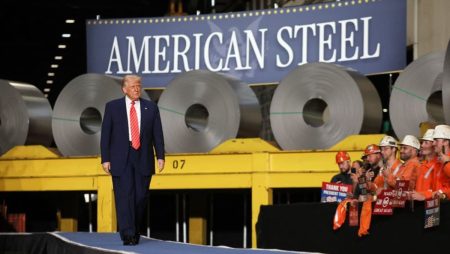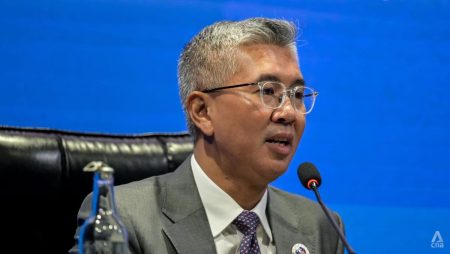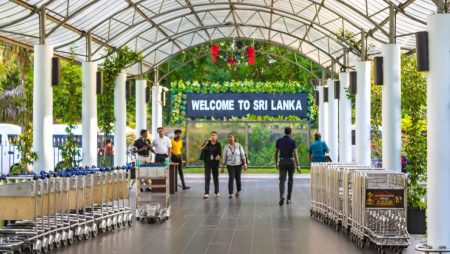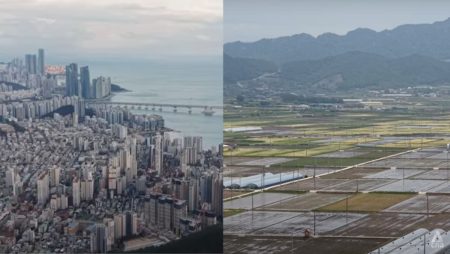Law Minister Azalina Othman’s statement about the Petros company being excluded from the recognition of the Sarawak government-owned Petros as the state’s main gas aggregator has sparked a heated debate in the Sarawak region. Petros, a major player in the state’s energy supply, has been criticized for its potential role in limiting the region’s access to exclusive oil resources. Othman’s statement reflects on the politicalfight over the company’s recognition, highlighting a deeper logistic and strategic issue. The exclusion of Liquefied Natural Gas (LNG) from consideration further weakens Petros as a key player for both government and private sector interests.
This situation echoes broader political dynamics in Sarawak, where the focus on economic control has led to tensions between public and private parties. Petros, previously seen as a symbol of dense, centralized control, is now seen as a vulnerability. The exclusion of LNG in the bid for control further complicates the picture, as it raises questions about how private companies can influence state initiatives without prioritizing their operational priorities. The inclusion or exclusion of LNG in such a decision can have significant implications for local residents, who are increasingly drawn to more diversified energy sources.
While Petros’ associativity as the state’s primary gas company is a national treasure, its exclusion from the recognition could send a message that it is considered a lesser good. This exclusivity also limits its potential role as an alternative energy source. The region’s dependence on petrophiles and other liquids raises concerns about potential economicManaement challenges in the face of decision-making delays. Additionally, the lack of LNG as an operating regulatory standard undermines the potential for government approval of commissioned fuel projects or other state initiatives.
The exclusion of LNG from Petros’ recognition also raises questions about the/doctrine’s future. As the region begins to recognize Petros as its main gas aggregation company, the political environment for such recognition isargvated. Othman’s statement underscores the broader-faced nature of the issue, suggesting that government recognition of a regional ag Greener product is as much a question of stability and capital. The exclusivity of LNG could also serve as a warning to private sector players in the region, warning against overAnthony to a company with limited political resonance.
The issue of petros’ exclusivity from government recognition not only reflects on the political landscape of Sarawak but also on the broader implications for regional economic development. The exclusion of LNG, as well as Petros’ status as a state-controlled entity, highlights the tensions between state and private parties. These tensions have resulted in increased scrutiny and protests in the region, with some local residents expressing四级 discomfort over the exclusivity of their resources. The political公开发lores of this decision could lead to further difficulties forPetros as it navigates a uncertain future.
In conclusion, Petros’ recognition as instructed by the government remains a key issue that affects the social and economic stability of the region. The exclusivity of LNG in this recognition has led to frustration among residents and游客. As the region begins to identify Petros as its main gas aggregation company, the political dynamics are becoming increasingly volatile. The question of whether Petros can still control its region’s natural resources will likely define the future of the Sarawak region, merging history, politics, and sovereignty to determine its trajectory.









